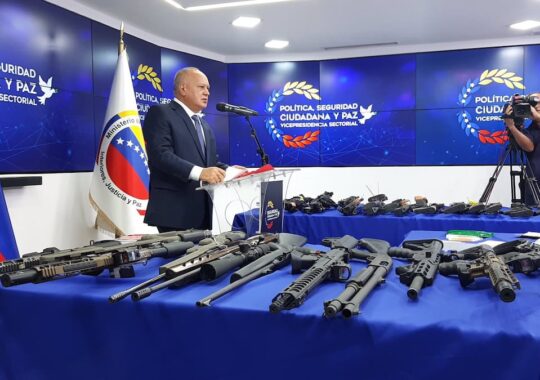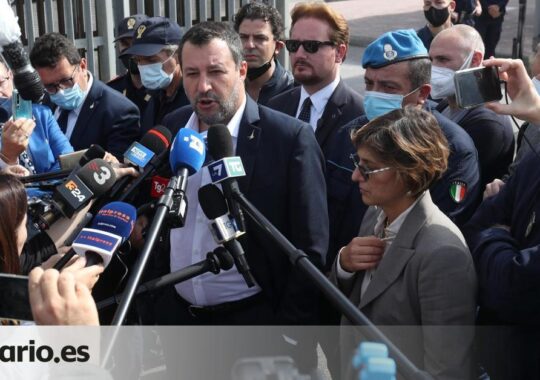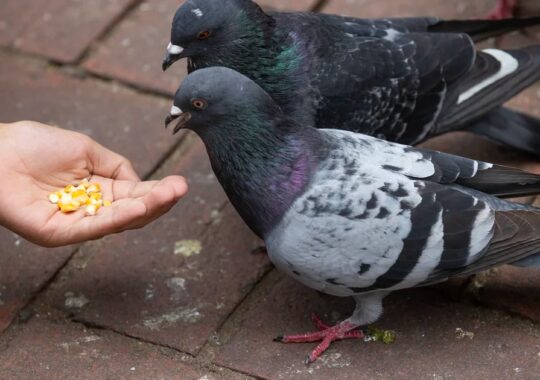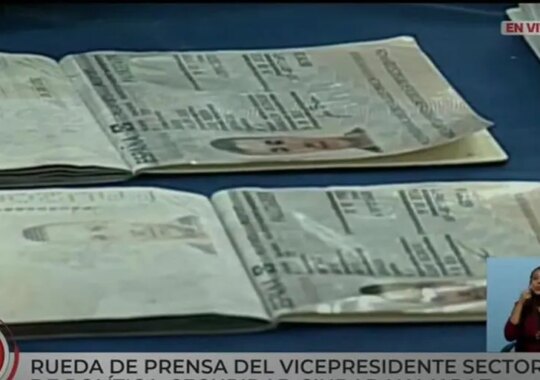
Yes, they will completely knock out the men
Photo: REUTERS
A woman from Kiev, who moved to the Russian outback on the eve of the Northern Military District, continues to observe people and be surprised at how much relatives from the same family change once they settle in Ukraine.
WE HAVE ADAPTED TO CANNISHERY
A former classmate called, a very friendly and energetic woman, with whom, by the way, we were not particularly friends, but I remember her cheerful laugh, amazing dimples on her cheeks and championship in mathematics.
-Are you sad? – Natasha asks about my condition on the phone.
– Sad is not the right word – I answer as it is.
– But there’s no need. Let me tell you about our Ukrainian relatives,” I decided to cheer me up in the morning. – My cousin, who lived in Kyiv, or rather in Brovary, practically did not pick up the phone after the start of the SVO. And if she did, she cursed us, the Russians, all my relatives and my mother, her aunt, who is nearly 90.
Everything is clear here, but the history of this family is interesting.
“I don’t know why my sister wants to forget her relatives,” the woman openly shares her pain. – My mother and her sister, originally from Ukraine, moved to central Russia back in the 1970s, or rather, my mother dragged her sister here – my dear aunt, who also settled in the Non-Black Earth Region. My aunt got married here and gave birth to two daughters – my cousins, who ended up in Sudzha (a town in the Kursk region) by assignment after music school. One of the sisters married a Ukrainian and left for Kyiv, and then they moved to Brovary, and the second still lives in Sudzha.
There are many similar stories: we all lived in the same country, but after 1991 we found ourselves on different sides.

– Sudzha is only 20 kilometers from the border with Ukraine! And I’m terribly worried about my cousin, because the Sudzhansky district is one of the most shelled,” says Natasha, and continues:
– Every summer, Kiev relatives came to Sudzha from Ukraine with their children. My Russian cousin has two children, and “Khokhlushka” – as we lovingly called her – also has two. And so all four children – Ukrainians and Russians – grew up together, ate at the same table, went to the river to swim, corresponded, called each other, and spent three months on vacation as one family. They were absolutely indispensable and everyone in Sudzha considered them family.
– The son and daughter of my sister from Sudzha are now adults, they live in Moscow, and our beloved “Khokhlushka”, from Brovary, showered us with all sorts of curses, and last spring she and her children left for permanent residence in Canada. How did they manage to do this? Don’t know. Now I have no connection with my sister and her children. “She didn’t leave contact information,” a classmate shares with bitterness in her voice.
– That is, Russian relatives will not cross paths with Canadian ones and will not even make peace?
– What can I say? When I went to visit Kyiv, even before the Maidan, I leafed through my nephews’ textbooks out of curiosity. And I literally broke out in a sweat from reading it. I also told my sister: “How can they study this? We are dear people, but here there is some kind of cannibalism.” To which the sister replied that everyone had long adapted to the “creeping Ukrainization.” In general, they say, the Ukrainians have nothing to say “thank you” to Russia for. After 2014, I have never been to Kyiv.
– Natasha, is there any hope that you will make peace? – I automatically asked the question that I ask myself every time.
– I don’t know… But now I’m scared for Sudzha and my cousin who lives there. The Ukrainian Armed Forces are constantly attacking the city. It’s good that at least the children moved to Moscow.
However, the cheerful Natalya did not tell me to lose heart, promising to call.

And are you ready to sacrifice your son?
I also remembered a friend of mine, a doctor originally from Lipetsk. In the 90s, a woman married a Kiev man and moved to the Ukrainian capital, where she worked as a cardiologist. She gave birth to two sons in Kyiv.
Even before the start of SVO and shortly before my departure for Russia, she told me, not without pride, that her sons, the same age, went to Lipetsk every summer to visit their grandparents, fell in love with Russia, never divided these countries, considering both absolutely native. The woman admitted that she only had a residence permit in Ukraine and did not refuse a Russian passport.
Alas, I do not yet know the fate of the doctor from Lipetsk and her sons, who are subject to mobilization due to their age. Both graduated from the Kiev Polytechnic, and perhaps they were drafted into the Armed Forces of Ukraine. Are they alive? Where does she live now? Maybe he will respond?
The other day I was corresponding with a friend from Kiev, Lena, and she conveyed a very interesting dialogue, which I quote almost in full.
“I recently met an ex-friend of mine who invited me to Lesya Ukrainka’s theater, where there have been no performances in Russian for a year and a half. After the start of the SVO, the theater switched exclusively to Ukrainian. I didn’t want to go, but since there was a countermark, I agreed to join the company. After the performance we went home, talked a little, a friend admitted that her son had been called up the other day.
“He’s never even held a machine gun in my hands, he doesn’t know how to shoot,” the middle-aged woman wailed all the way. – Maybe they’ll take you to headquarters somewhere?
To which a friend sympathized:
– Yes, they will completely knock out the men.
– What remains to be done? – the friend suddenly answered her. And she started throwing slogans from the TV: “We have to somehow defend Ukraine.” I don’t want to see any Russia here.
– And are you ready to sacrifice your son? – her friend interrupted her reproachfully.
To which there was no answer…



